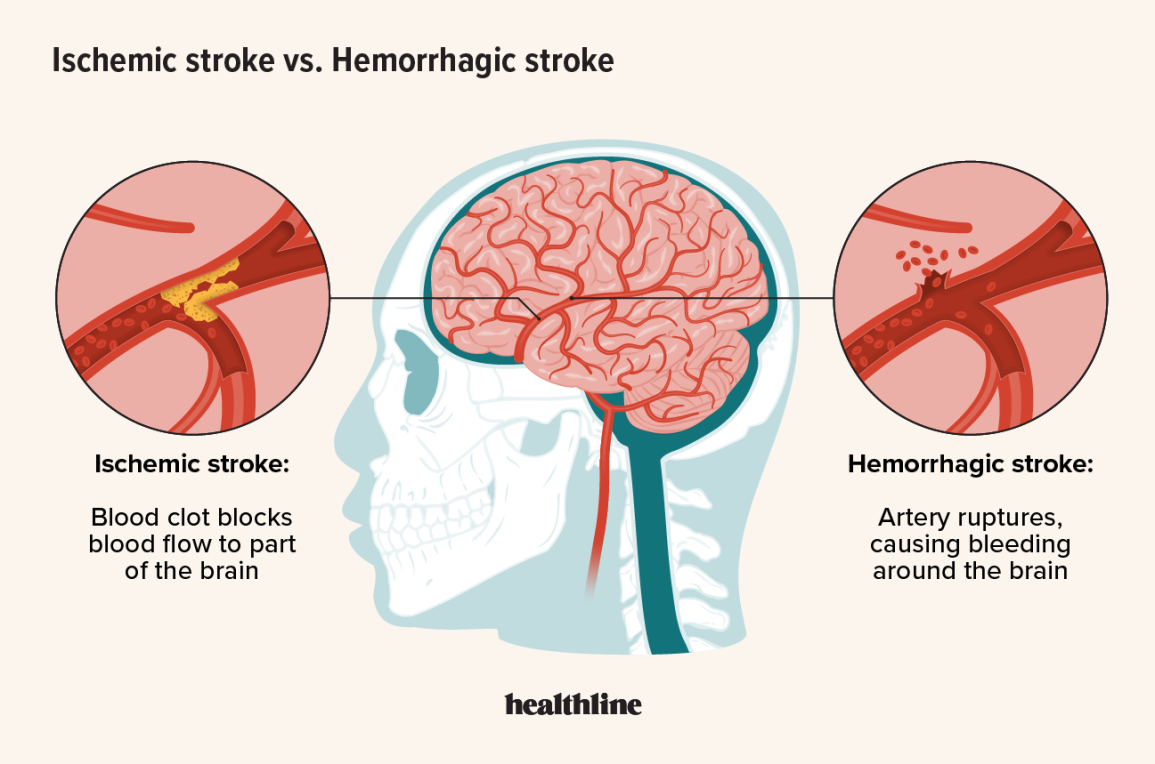Neuron-Specific Enolase (NSE)
Neuron-specific enolase (NSE) is one of the enolases involved in the glycolysis pathway, which exists in nerve and neuroendocrine tissues.
It has overexpressed in tumors associated with neuroendocrine tissue origin, especially in small cell lung cancer (SCLC), resulting in a significant increase in serum NSE.
The activity of NSE was highest in brain tissue cells, and the activity level of peripheral nerve and neurosecretory tissue was middle and found the lowest value in non-nerve tissue, serum, and spinal fluid.
SEKBIO now offers Mouse anti-human NSE mAb and Recombinant human neuron-specific enolase (Prokaryotic NSE protein full length) for detection usage.

Neuron-Specific Enolase NSE (NSE Tumormarker) Products
| Antibody | Application |
| Mouse anti-human NSE mAb | For immunodiagnostic: ELISA, LFA, CLIA |
| Antigen | Application |
| Recombinant human neuron-specific enolase (Prokaryotic NSE protein full length) | For immunodiagnostic: ELISA, LFA, CLIA |
Neuron-Specific Enolase Intro
Neuron-specific enolase (NSE) is one of the enolases involved in the glycolytic pathway and is present in neural and neuroendocrine tissues. The activity of NSE in brain tissue cells was the highest, the activity level of peripheral nerve and neurosecretory tissue was in the middle. The lowest value was in non-neural tissue, serum, and spinal fluid. NSE was found to have exaggerated NSE expression in tumors associated with neuroendocrine tissue origin small cell lung cancer (SCLC), resulting in markedly elevated serum NSE.
NSE Protein
Monitoring recurrence in small cell lung cancer with neuron-specific enolase 4-12 weeks earlier than clinically determined recurrence. It increased in small cell lung cancer, neuroblastoma, neuroendocrine cell tumors (such as pheochromocytoma, islet cell tumor, melanoma), etc. Neuron-specific enolase can also be used for the differential diagnosis of neuroblastoma and Wilms tumor. The former abnormally increased neuron-specific enolase, and the latter raised insignificantly.
- Cardiac Markers
-
Tumor Marker
-
PGII
-
G17
- CA50
-
CA125
- CA242
-
CA15-3
- CA19-9
- CA72-4
-
Pepsinogens I (PGI)
-
Human Epididymis 4 (HE4)
- Prostate-Specific Antigen (PSA)
- Squamous Cell Carcinoma (SCC)
- Neuron-Specific Enolase (NSE)
- Cytokeratin 19 Fragment (CYFRA21-1)
- Human Progastrin-releasing Peptide (ProGRP Tumor Marker)
- Protein Induced by Vitamin K Absence or Antagonist-II (PIVKA II Tumor Marker)
- Alpha-fetoprotein(AFP)
-
CEA
-
Human Chitinase 3-like 1
-
PGII
- Inflammatory Marker
- Infectious Disease
- Hormones
- Thyroid Function
- Glucose Metabolism
- Bone Marker
- Others
-
Heterophilic Blocking Reagent
- Animal Diagnostics

















